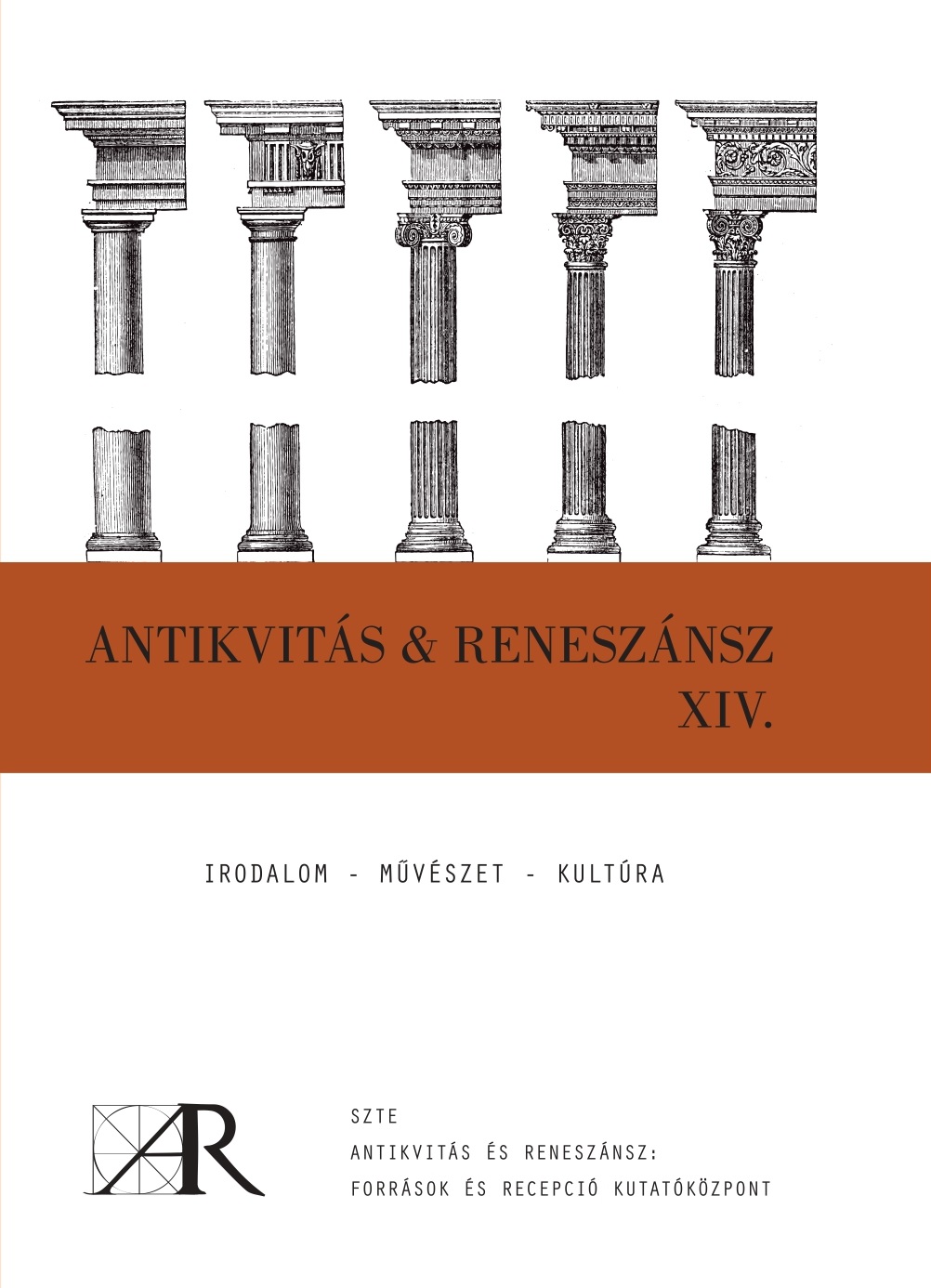A Contribution to the Hungarian Edition of Coluccio Salutati’s De tyranno: Dante in the scriptorium of Coluccio Salutati.
Main Article Content
Abstract
Coluccio Salutati’s De tyranno has almost always been read as a political work, within the framework of the history of ideas, provoking because of its contents a debate on the coherence of the Florentine chancellor’s political and legal ideas. However, the work was created to justify and explain a passage from Dante’s Inferno, and it therefore seems more appropriate even today to interpret it on a literary, moral and theological level. But it is perhaps even more interesting to point out that together with Bruni’s Dialogi ad Petrum Paulum Histrum, De tyranno is a manifesto of Florentine culture in the very early fifteenth century. It shows us how a laboratory functioned around Salutati, in which even Latin-loving humanists esteemed Florentine poetry in the vernacular and in particular the work and thought of Dante.
